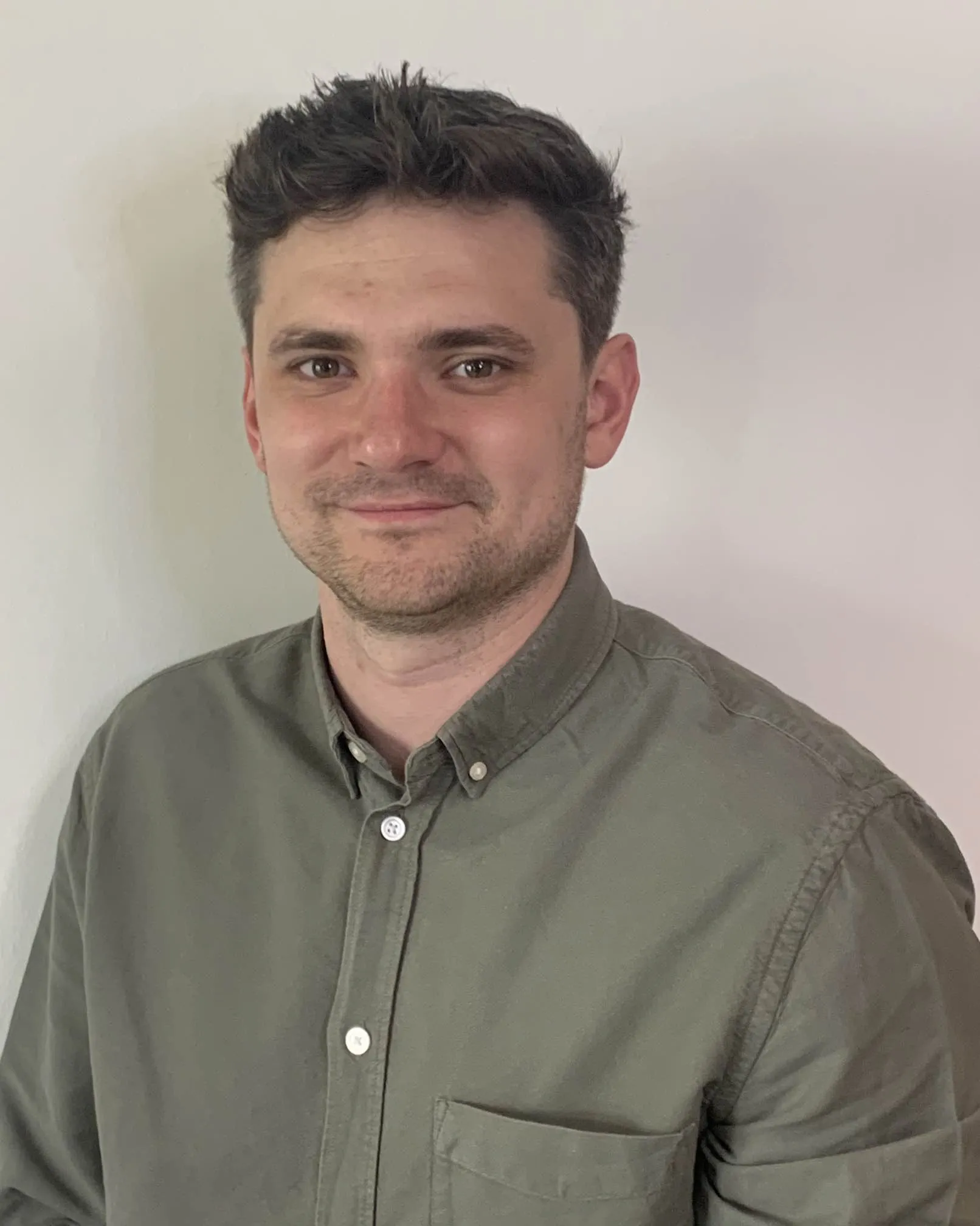
Multiscale Thermofluids
@DrBenOwen

I am a Chancellor's Fellow in Health and Life within the School of Engineering. My research focuses on the use of numerical modelling and machine-learning framework for disease diagnostics.
PhD Aerospace Engineering, University of Manchester, 2019
MEng Aerospace Engineering, University of Manchester, 2014
- Numerical modelling
- Blood flow modelling
- Inertial microfluidics
- Disease diagnostics
- GPU acceleration


After beginning my career in industry as a Building Service Engineer, I went back into education to complete a BSc in Physics at Northumbria University. During this time I completed a project with the Smart Materials and Surfaces Laboratory in liquid-liquid capillary imbibition. This inspired to continue research in the field and went on to gain a PhD titled “Pinning-Free Evaporation of Sessile Droplets from Slippery Surfaces”. During my PhD my research was focused on manipulation of droplets using slippery surfaces and electric fields to modify evaporation behaviour. I am currently a Post-Doctoral Research Associate within the WISE laboratory in the Institute of Multiscale Thermofluids at the University of Edinburgh on an EPSRC funded project looking into the strain-dependant manipulation of sessile droplets on new metamaterials.
